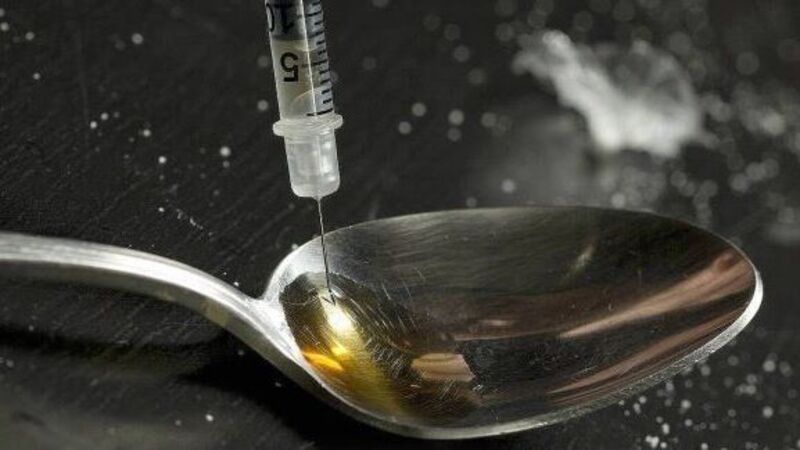Not everyone is embracing ‘Hugs and Drugs’ minister

The fact the Coalition did not appoint a minister with special responsibility for drugs policy for four years tells you all you need to know about how seriously they take the issue.
But Mr Ó Ríordáin, who also covers equality issues — the huggy part of his job — has certainly attempted to move fast to make up the lost time since being appointed to the role in May.















